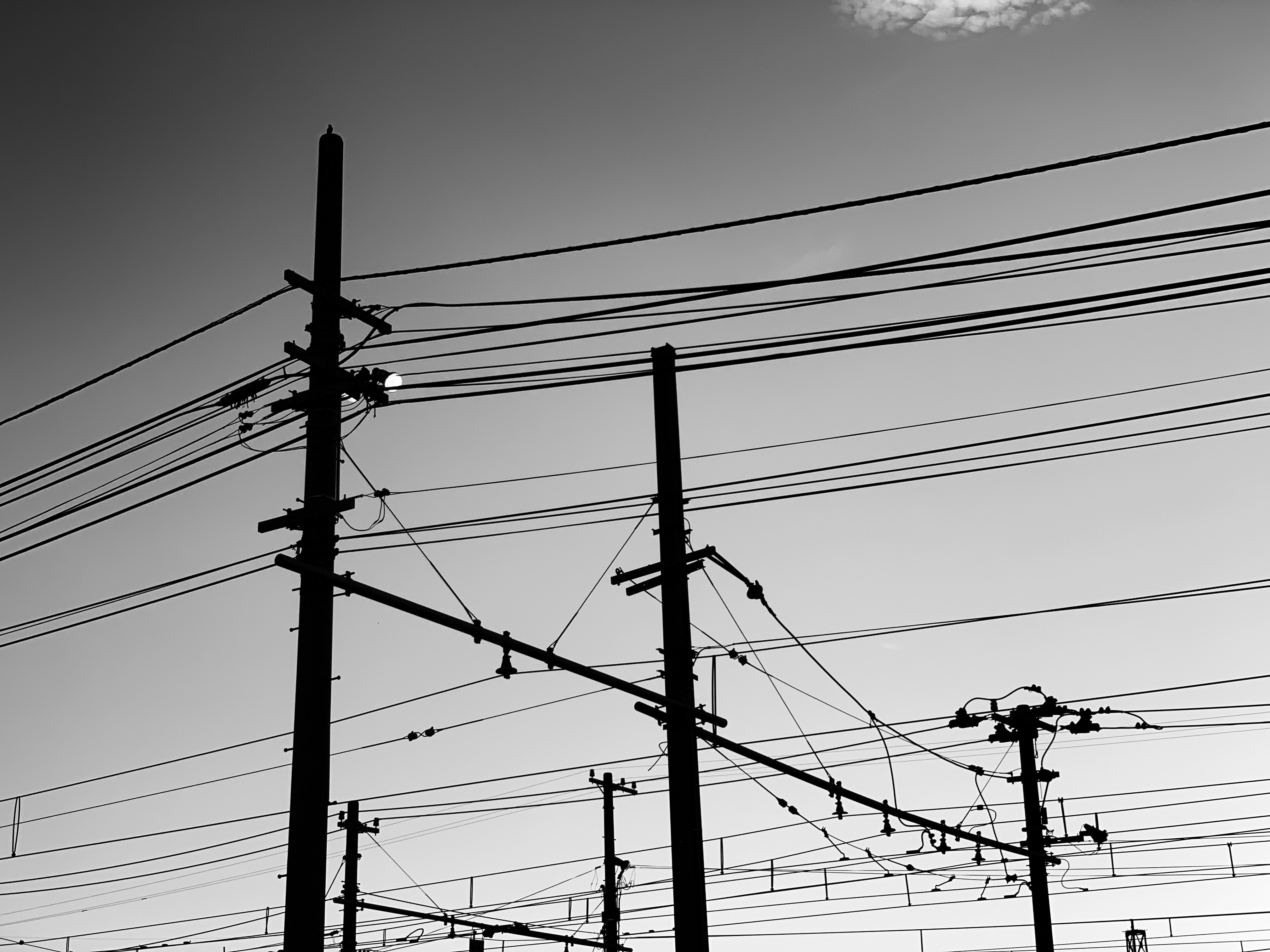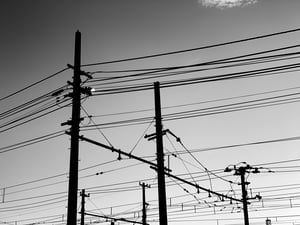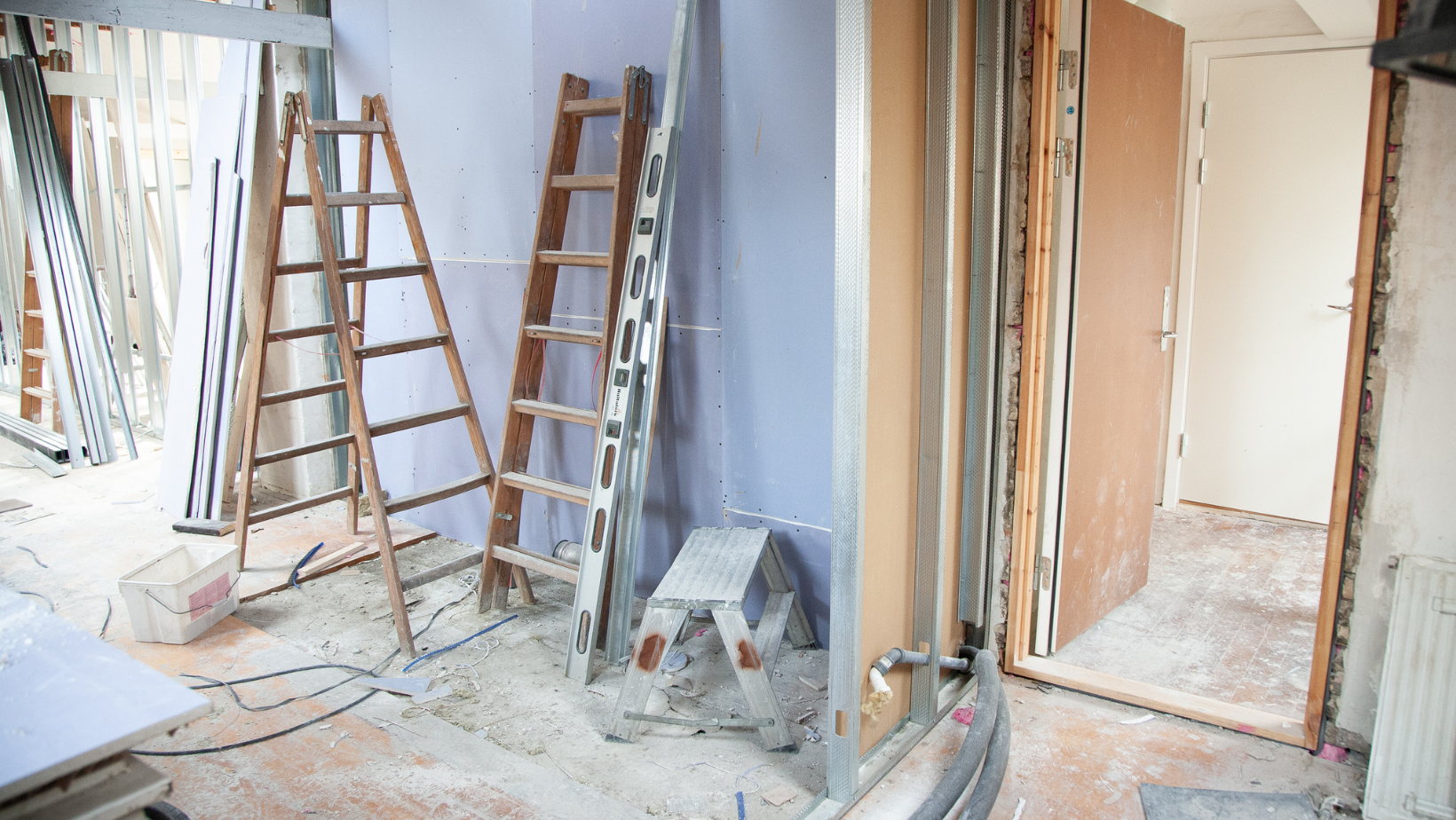Chicago's Preliminary Municipal Utility Feasibility Study

Posted by Valeria Macias

The City of Chicago recently released it’s preliminary municipality utility feasibility study. The study’s goal was to determine whether the city should continue with its efforts to establish a locally controlled municipal electric utility in light of the agreement with ComEd inked in 1992 that expires at the end of the year.
 Currently, ComEd provides retail electric supply and delivery services to the city for private and public use. The study, which took place in fall 2019, focused on analyzing the estimated costs of electric delivery service for a proposed city utility compared to ComEd’s.
Currently, ComEd provides retail electric supply and delivery services to the city for private and public use. The study, which took place in fall 2019, focused on analyzing the estimated costs of electric delivery service for a proposed city utility compared to ComEd’s.
Photo by Damon Lam on Unsplash
Analysis of Viability of Municipalization - Financial Model Development
NewGen developed a financial pro forma cash flow model to determine the financial feasibility of creating a municipal electric utility (MEU) for the City. The preliminary financial feasibility analysis suggests that the average annual MEU delivery rate would be greater than the average ComEd delivery rate for each year of the Study period (2020‐2039). The difference in average rates is primarily due to the substantial estimated investment of nearly $9 Billion required to sever the MEU system from the ComEd system. Most of the cost is driven by establishing/purchasing the transmission network and management ($4.9B) and isolating Chicago from the ComEd’s service area ($3.9B) which includes much of northern Illinois.
Analysis of Viability of Municipalization - Strategic Assessment
In addition to the financial feasibility analysis, NewGen conducted a strategic assessment of the City’s goals and objectives as they relate to the City’s municipalization review. The strategic assessment is critical to defining success for the MEU and aided in guiding the various analyses and discussions during the Study process. The assessment’s purpose was to provide alternatives in municipalization that are supportive of the City’s overall objectives as they relate to electric utility services.
Analysis of Viability of Municipalization - Next Steps
Now that municipalization by the City appears to not be feasible, the City can focus on getting the best deal for residents and will continue to seek sustainable and equitable solutions that address the environmental and energy challenges.
About 14% of the nation is powered by municipally owned electric providers who enjoy more stable service and on average 13% lower bills with better accountability and safety standards. Chicago is not alone in this pursuit as California has mulled a public takeover of PG&E following years of issues with the utility.
Time will tell what future sustainable and energy efficient plans Chicago plans on presenting as alternatives to the one presented. As Burnham learns more, we’ll be here to share.





